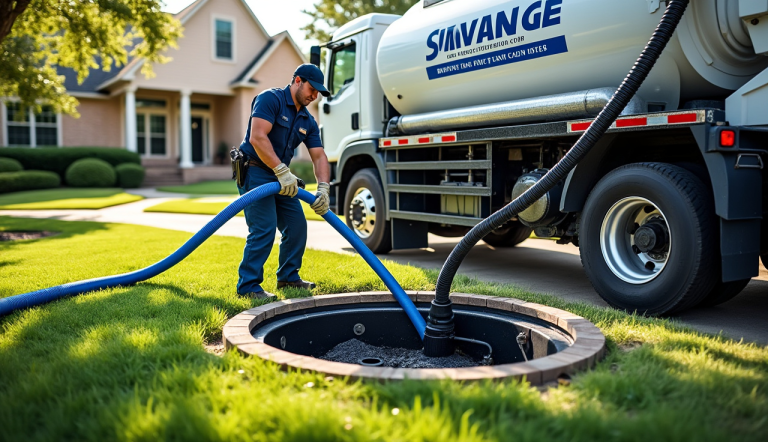Professional RV Park Septic Pumping Solutions in Burleson TX: Ultimate Guide
Managing septic systems at RV Park Septic Pumping Solutions in Burleson TX tourism has grown 35% since 2020, and park owners in Burleson face bigger challenges than ever in handling waste systems and keeping guests happy. Here’s the deal: Modern RVs come with fancy bathrooms and high-tech appliances that put more strain on septic systems…









 Texway Wastewater Services is a septic, wastewater, and excavation company based out of Burleson, Texas and serving the surrounding areas. We specialize in
Texway Wastewater Services is a septic, wastewater, and excavation company based out of Burleson, Texas and serving the surrounding areas. We specialize in